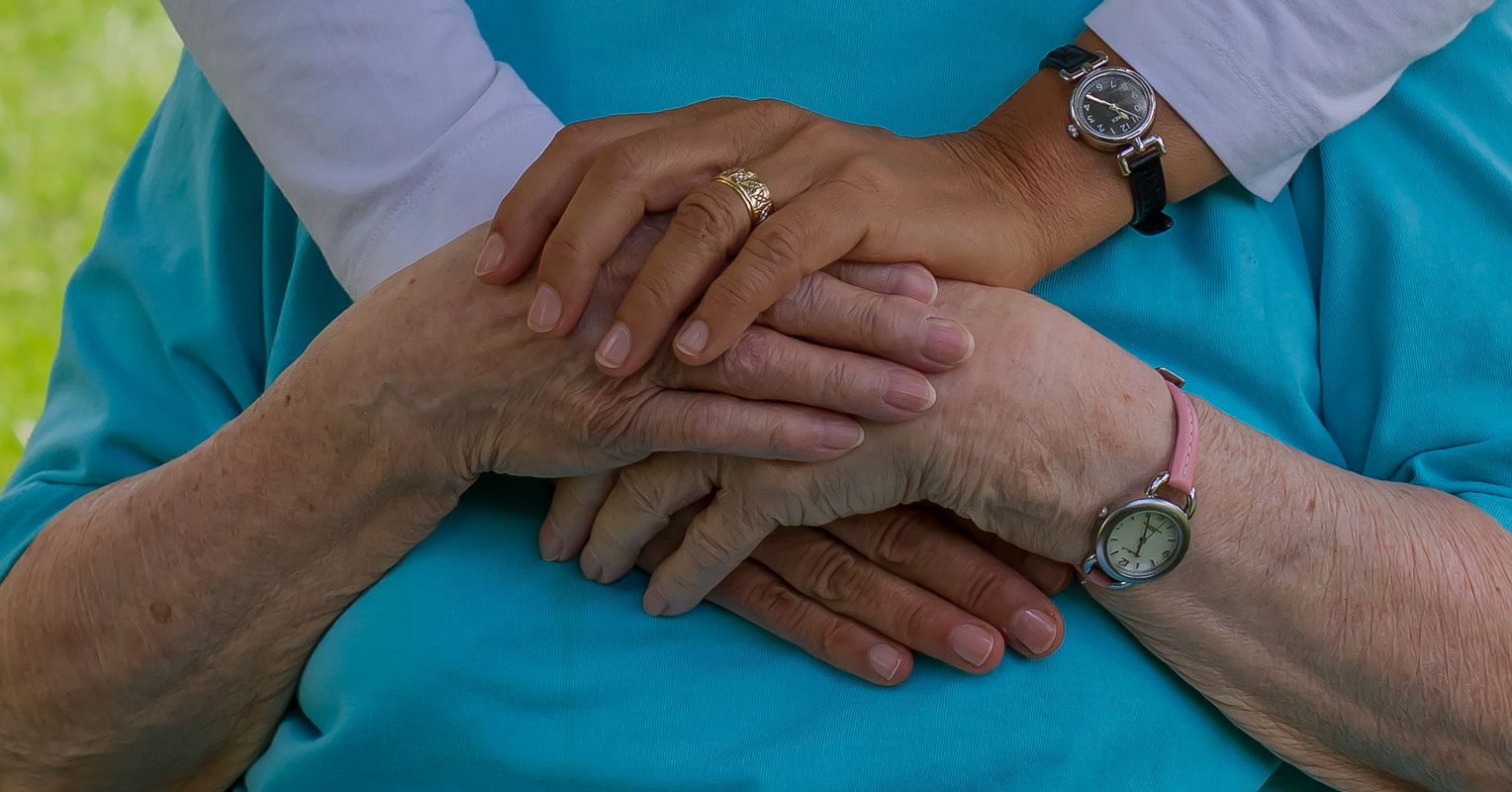
""Those who care for sick family members may be more prone to illness-related anxiety based upon the sheer proximity to illness and the personalized nature of caring for a closely related individual." I go on to compare it to being a first responder, and it stands to reason that those who are, on a daily basis, around triggering, upsetting, and difficult stimuli are more susceptible to experiencing trauma, anxiety, and other psychological challenges based upon their frequent exposure to catastrophic situations."
"The psychological impact can be wide-ranging and severe, but one of these impacts is somewhat underreported: caregiving's tendency to bring about anxiety about one's own health. In my book, Understanding and Coping With Illness Anxiety, I explain it this way: "Those who care for sick family members may be more prone to illness-related anxiety based upon the sheer proximity to illness and the personalized nature of caring for a closely related individual.""
Caregiving imposes substantial physical, mental, emotional, and financial burdens, especially in long-term situations. Prolonged proximity to illness and personalized caregiving increase vulnerability to illness-related anxiety and other psychological challenges. Frequent exposure to triggering, upsetting, or catastrophic stimuli can heighten risk of trauma, anxiety, and stress. Empirical research and reports identify high levels of anxiety among family caregivers, particularly those supporting people with cancer and chronic conditions. Firsthand caregiving for terminal illness illustrates these effects, while multiple studies show direct correlations between caregiving roles and increased caregiver stress and anxiety.
Read at Psychology Today
Unable to calculate read time
Collection
[
|
...
]